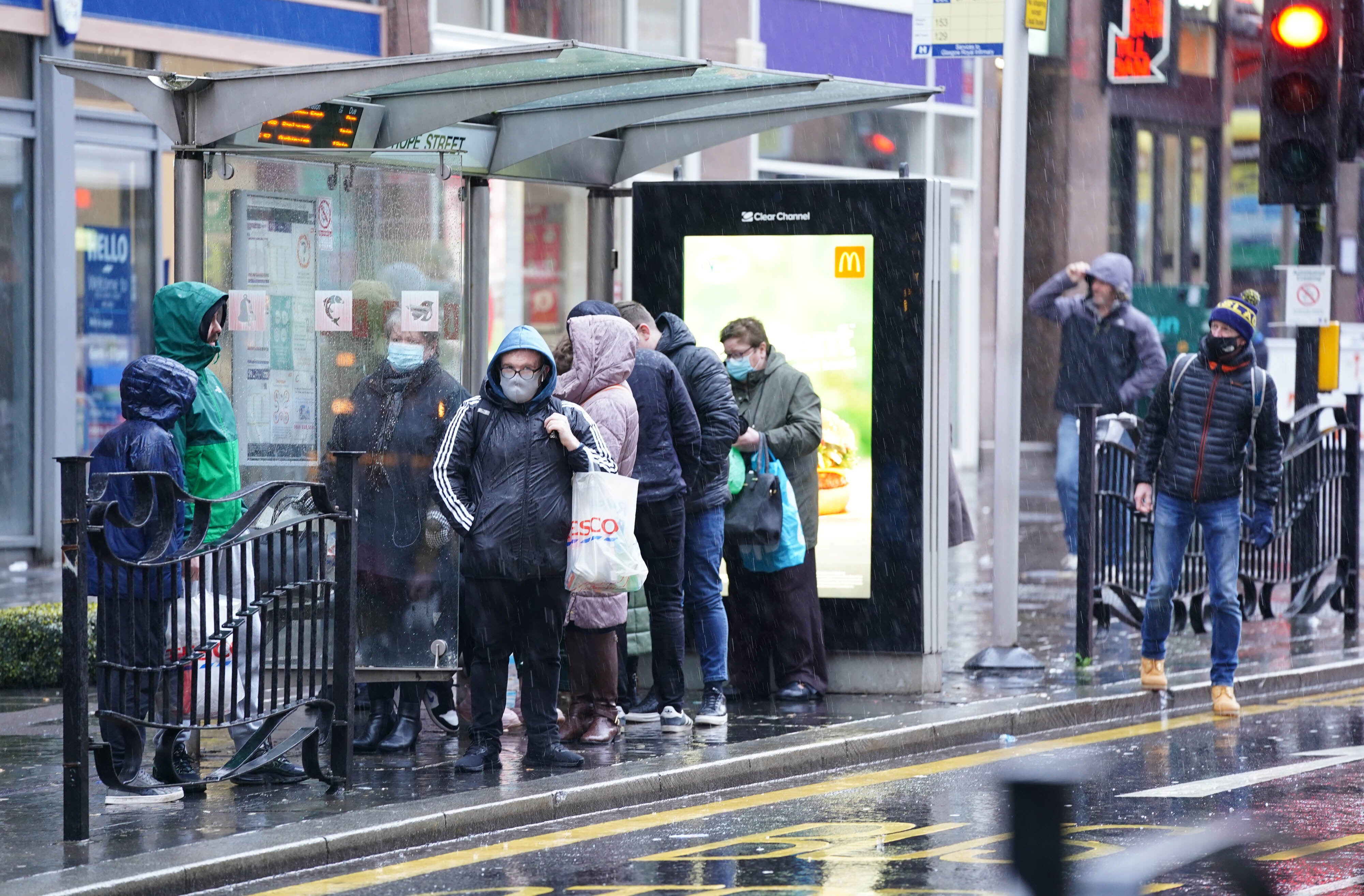Nearly half of women ‘feel unsafe using public transport alone after dark’
The figure is even higher among females aged 16 to 34.

Your support helps us to tell the story
From reproductive rights to climate change to Big Tech, The Independent is on the ground when the story is developing. Whether it's investigating the financials of Elon Musk's pro-Trump PAC or producing our latest documentary, 'The A Word', which shines a light on the American women fighting for reproductive rights, we know how important it is to parse out the facts from the messaging.
At such a critical moment in US history, we need reporters on the ground. Your donation allows us to keep sending journalists to speak to both sides of the story.
The Independent is trusted by Americans across the entire political spectrum. And unlike many other quality news outlets, we choose not to lock Americans out of our reporting and analysis with paywalls. We believe quality journalism should be available to everyone, paid for by those who can afford it.
Your support makes all the difference.Nearly half of women in Britain feel unsafe using public transport alone after dark, compared with around one in five men, a new survey suggests.
The gap is even wider for young adults, with 17% of males aged 16 to 34 saying they feel unsafe compared with 58% of females – the highest proportion among any age or sex group.
The findings have been published by the Office for National Statistics (ONS) as part of a wider survey of perceptions of personal safety and experiences of harassment.
It is the first time the ONS has asked questions about safety on public transport, with responses collected from adults in Britain between February 16 and March 13 2022.
The figures suggest just over a third of all adults (34%) “feel very or fairly unsafe” using public transport on their own after dark, while nearly one in 10 (9%) feel unsafe using it during the day.
While the proportion of males and females who feel unsafe travelling during the day are broadly similar, at 8% and 11% respectively, there is a sharp difference when using public transport alone at night, at 19% and 48%.
There is also a large gap between the proportion of disabled people saying they feel unsafe using public transport alone after dark (45%) and non-disabled people (29%), and between people of mixed or multiple ethnicity (57%) and other groups, such as white (34%), Asian (34%) and black (28%).
A higher percentage of adults in London feel very or fairly safe by themselves on public transport at night (67%) compared with all other regions except Scotland (67%) and the South West (62%).
The ONS looked separately at how public perceptions of safety have changed when comparing the latest findings with those from a previous survey in June 2021.
More people have stopped walking in quiet places such as parks or open spaces alone after dark because of feeling unsafe, with figures increasing for both men (from 18% to 24%) and women (32% to 37%).
There has also been an increase in the proportion of people saying they feel unsafe in a park or open space, whether during the day (up from 7% to 11%) or at night (from 60% to 63%).
But there has been a decrease in people reporting they have stopped going to busy public spaces during the day, down from 38% last year to 23% this year.
This may be linked to changing attitudes to Covid-19 risks as well as feelings of personal safety, the ONS said.
More women (27%) than men (16%) in the latest findings said they had experienced at least one form of harassment in the previous 12 months, a pattern similar to the 2021 survey.
The types of harassment included being insulted or shouted at by a stranger in public; experiencing catcalls, whistles, unwanted sexual comments or jokes from a stranger in public; feeling they were being followed; and feeling physically threatened by a stranger in a public space.